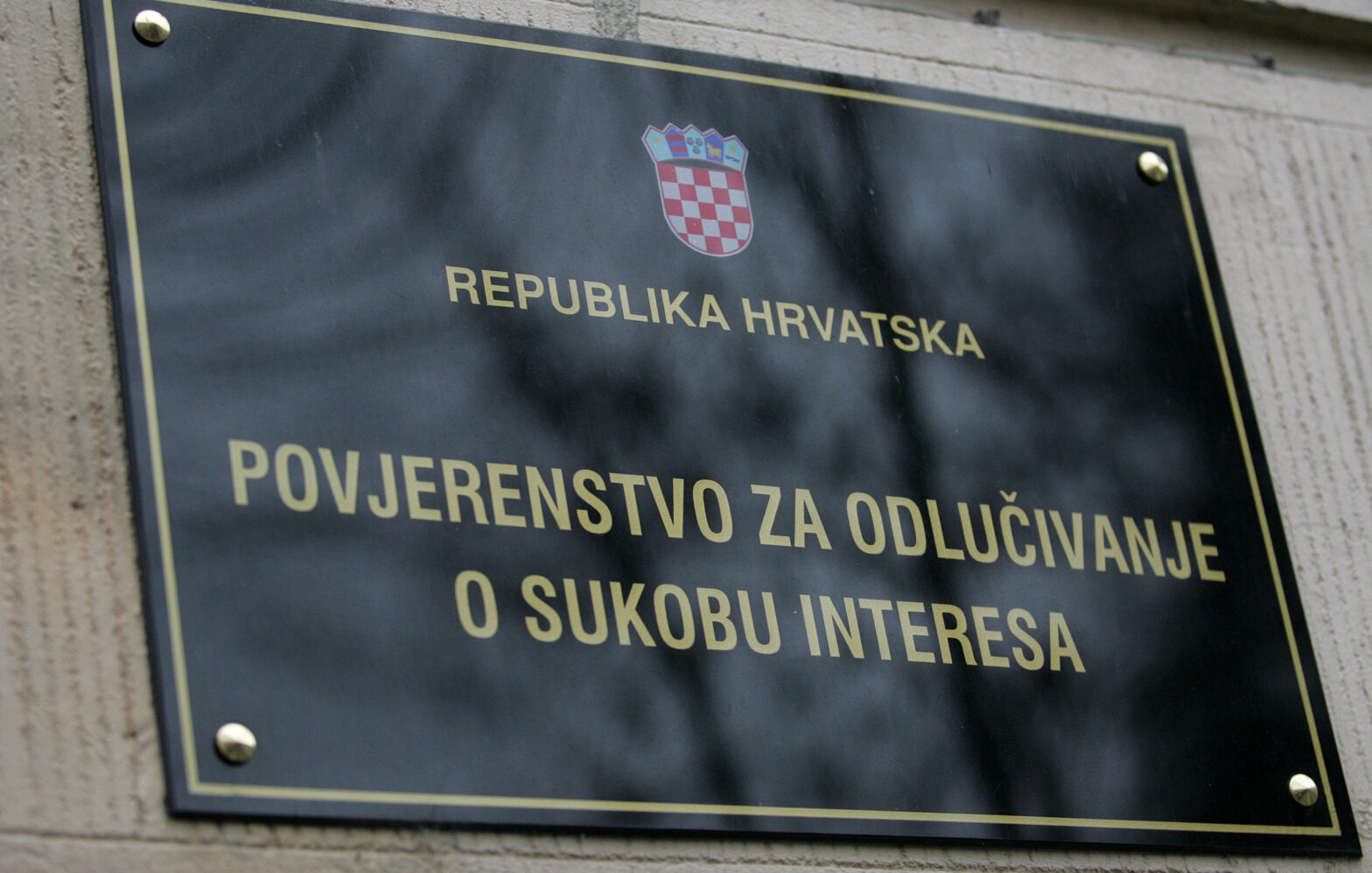Decision of the Constitutional Court regarding the Act on prevention of conflict of interest reflects GONG’s and civil society organizations gathered in the Platform 112 attitude, which states that the current law defines and addresses the issue of conflict of interests in completely the wrong way. With this decision the Constitutional Court opened the path for acquiring new and more adequate legal solutions, that would not only prevent and sanction conflict of interest, but it will be systematically identified and managed among officials, civil servants and all other political decision-makers at all levels and all aspects of Government.
Decision of the Constitutional Court regarding the Act on prevention of conflict of interest reflects GONG’s and civil society organizations gathered in thePlatform 112attitude, which states that the current law defines and addresses the issue of conflict of interests in completely the wrong way. With this decision the Constitutional Court opened the path for acquiring new and more adequate legal solutions, that would not only prevent and sanction conflict of interest, but it will be systematically identified and managed among officials, civil servants and all other political decision-makers at all levels and all aspects of Government.
Constitutional Court opened the path for a new law – it’s time for the Government and the Parliament to make their move
In respect of the Committee for prevention of conflict of interests, the Constitutional Court has evidently spawned a “Solomon” solution that reduces the risk of deepening the institutional vacuum, by ordering to conduct the election no later than 15th of February 2013. The election of such Committee, under the existing Act, should be understood primarily as a fulfillment of one of the ten priorities in meeting the obligations resulting from negotiations.
However, in the domestic context, this should be understood as a transitory solution that will provide the functioning of the technical aspects of the Committee work, primarily collection and publication of assets from elected officials in the upcoming local elections. It also has to be fully understood that is unlikely that such Committee structure, as well as the criteria for its selection, will be a solution the new law will bring about. After all, the Constitutional Court points to this fact by highlighting the possibility of changing the selection criteria to the legislature, that we find to be a definitely more efficient and cheaper option than retraining potentially unqualified members of the Committee.
Future Act on managing conflict of interests will be the cornerstone for the dissolution of clientelism, thus preventing corruption. Therefore, we urge the Ministry of Administration to take action and create the new law in an open manner including professional and interested stakeholder and public, as soon as possible. As we are talking about sustainability and effectiveness of anti-corruption policy, this is precisely why we expect the European Commission to support this process by adapting one of the ten points to the new situation, and providing timely technical support as well.
